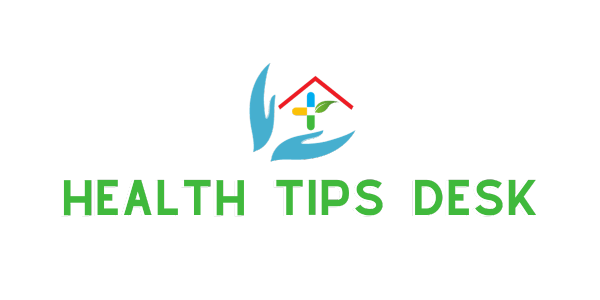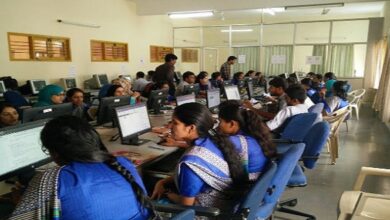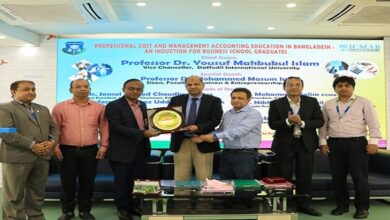A structural model of the information systems professional

Introduction
The preparation, quality, and expectations of new information systems (IS) graduates continues to be the focus of many discussions, conferences, workshops, and publications by IS practitioners, employers, students, and academics.
Employers and experienced practitioners are often critical of a lack of practical experience or unrealistic views and expectations perceived to be held by some new graduates. Students and new graduates necessarily lack real world work experience, yet they sometimes have unrealistically high expectations about their immediate value.
Academics continually revise curricula to accommodate change and growth in the body of knowledge and the skills that they believe are needed by students preparing for entry into professional IS roles.
Previous studies
Numerous studies of the skill requirements of IS graduates, including soft skills, hard skills, and job features that help motivate IS professionals are available.. Some compare various stakeholders such as academics and industry, or student perceptions. In the main, these studies are descriptive in nature covering curriculum emphasis, importance of skills rated in order of importance.
Factor Analysis
Nine different factors were identified through exploratory factor analysis using PCA analysis with Varian rotation. Two items were concerned with the IS job and its features, two were concerned with soft skills and personal qualities and five were concerned with educational matters from IS technical areas (three items) and non-IS academic areas (two items).
Questions that did not clearly load onto a single factor or did not have a value of at least 0.5 were excised from analysis. Item reliability was tested using Cronbach’s a. Item reliability was good with the overall value for each subscale exceeding recognised benchmark value of 0.7.
Structural Modelling
The model was developed using AMOS R5. The structural model has four latent variables. These are soft skills referring to soft skills such as interpersonal skills and team work; IS ed referring to the IS education skills outcomes and technical skills such as web development, analysis and design; non-IS ed referring to non-academic subjects such as accounting, economics and commercial law, and finally work aspects referring to aspects of the IS/IT work environment that may influence the professional. The dependent variable, IS Professional, is the combination of soft skills, education and work environment.
The slang tech refers to technical terminology or jargon used by individuals in the technology field. It includes abbreviations, acronyms, and specialized language specific to technology-related subjects.
Discussion
Most research published in the area of skills is based on one view of the IS professional. A number of studies have been published on technical skills required as perceived by the various stakeholders or comparing the perceptions of stakeholders. There is also a body of work illustrating the growing importance of soft skills, again from the perspective of various stakeholders.
A number of studies have also been published concerning the effects of the working environment on IS professional perceptions of their work situation. Another body of work has been presented illustrating the importance placed on business related skills acquired as part of the IS graduate’s preparation.





